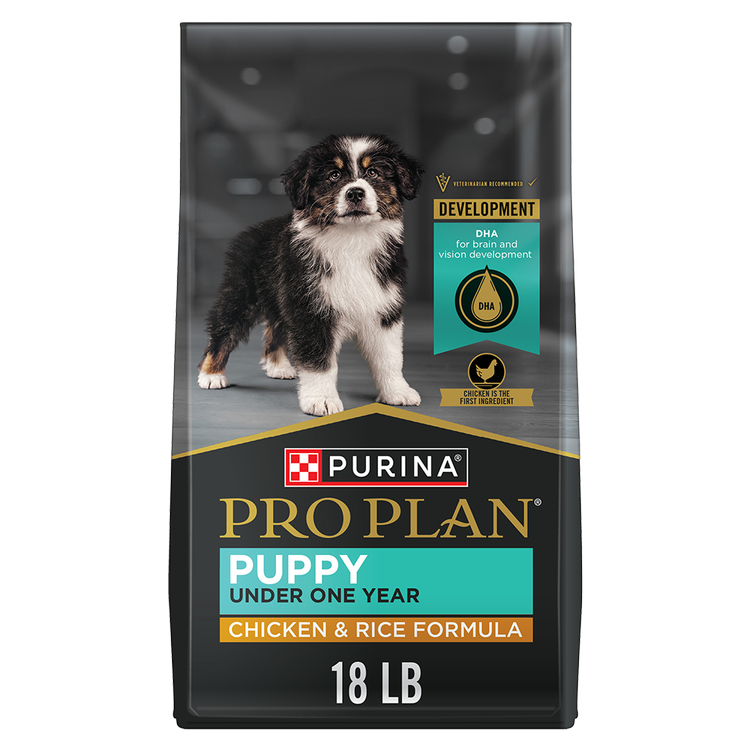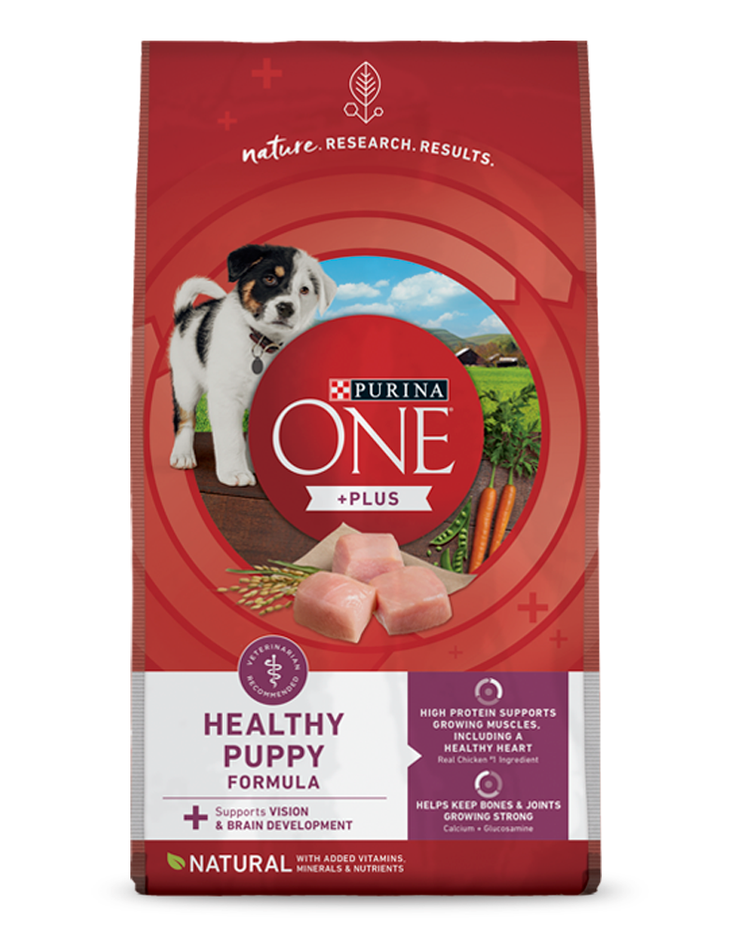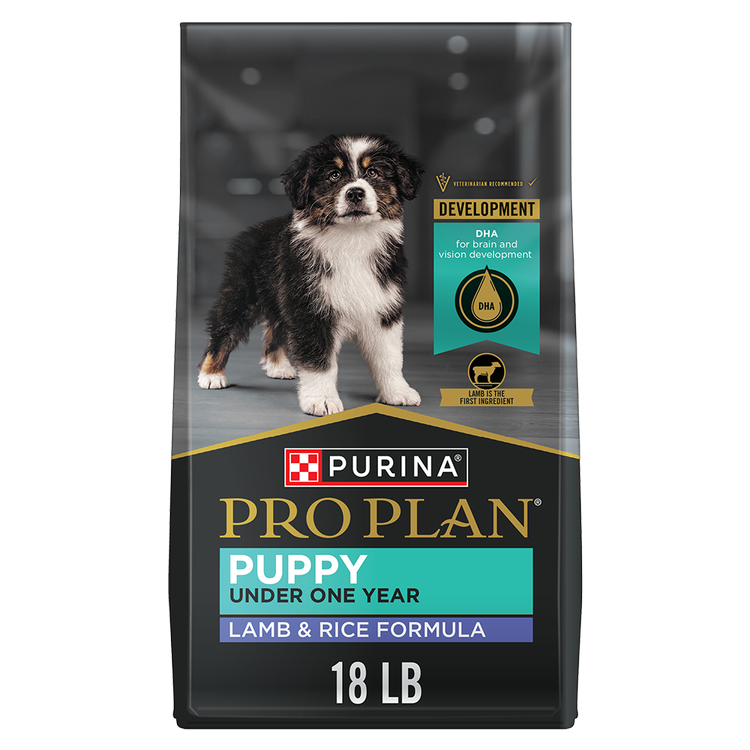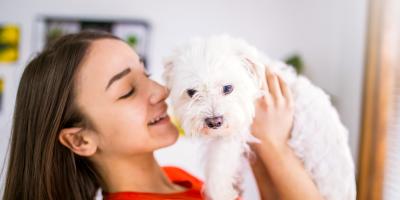Dog Treat Training: When & How to Reward Dogs


As any dog owner will tell you, dog treats are almost always the most effective way to reward your dog during training. While some dogs are more food motivated than others, the incentive to get a treat for their good behavior makes puppies and dogs eager to learn.
It’s essential to know how often to give treats during dog treat training. This way, you won’t overfeed them. Also, treats should not be the only reward your dog receives for good behavior; mix in lots of praise and affection as well.
When to Give Dog Treats
Naturally, a dog will respond to the incentive of getting a treat or a piece of dog kibble when they’re most hungry. That’s why giving dog treats is most effective when done right before meals or once they’ve settled down after they’ve had lots of exercise.
During puppy training, use a reinforcer like a clicker or a word like “Yes!” right when the behavior happens, then reward them with a treat after they’ve successfully followed a new cue (or command). If you wait too long to give your dog a treat, they may not associate their good behavior with the reward.
For example, when your puppy finally follows the cue to “sit” for the first time, give them plenty of praise and let them have a treat right away. The same goes for when they engage in other positive activities, like doing their business outside.
How Often to Give Your Dog Treats
Treats should make up no more than 10 percent of your dog’s daily caloric intake, with their regular food accounting for the remaining 90 percent. This will help prevent overfeeding and potential health problems.
That means keeping a close eye on how many treats you’re giving them while also ensuring they’re getting high-quality treats. When shopping for dog or puppy treats, look for low-calorie options or those that are easily broken into smaller bites. If you decide to give your dog higher-calorie treats, make sure to do so sparingly.
Most dog treats do not offer 100 percent complete and balanced nutrition, so it’s not a bad idea to mix in a little bit of dog food kibble to make sure they’re getting a healthy reward. If you’re concerned with overfeeding during training, you can deduct the dog food kibble you’re rewarding them with from the amount you feed at mealtime.
Can Puppies Have Treats?
Yes, puppies can absolutely have treats!
The amount of treats you give your puppy depends on a few factors, though, including how much you should be feeding your puppy based on breed, size and age. Reach out to your veterinarian to find out the specifics of what and how much food your puppy needs. Once you know how much to feed, remember to follow the 90/10 puppy food to treat ratio.
Treat Alternatives When Training
Treats shouldn’t be the sole reward during training. Sometimes puppies are less motivated by food, so it’s important to have alternatives when training. Most dogs love pets, cuddles and affection, so don’t hesitate to show them lots of love the moment they follow a command.
Praise should also be a regular part of the training process. Many dog breeds are highly receptive to praise in the form of encouraging phrases like “good dog!” and actively seek their owners’ approval. Observe your dog to make sure they’re enjoying the praise you’re giving. If not, try another strategy.
Another great way to reinforce good behavior from your dog is to engage with them in a playful activity like fetch or any game your dog enjoys. Like praise, treats and affection, playing with your dog lets them know that when they’re responsive to you and take your cues, good things happen.
Training your puppy with treats is a fun and rewarding way to teach your dog, but if you rely too heavily on treats you may overfeed them. If you’re unsure about how many treats you should be giving your puppy, reach out to your veterinarian for advice.
Also, some dogs are more challenging to train than others and require a bit more patience and understanding. However, if you’re concerned that your dog is showing signs of behavioral problems get in touch with a pet behaviorist sooner rather than later.
For more helpful training insights, check out the myPurina app.
Discover more about puppy and dog training by visiting our Pet Expertise page and hearing from our pet experts.
For your own personalized dog training plan, download Zigzag, the most advanced dog training app, for free and unlock 1 month of Premium Access with unlimited lessons, tailored guidance, and 24/7 expert support using code PUR30 at payment.
Install Zigzag for free now to get started

Be Rewarded for Your Purina Purchases
Earn and redeem points for Purina products with myPurina app.






